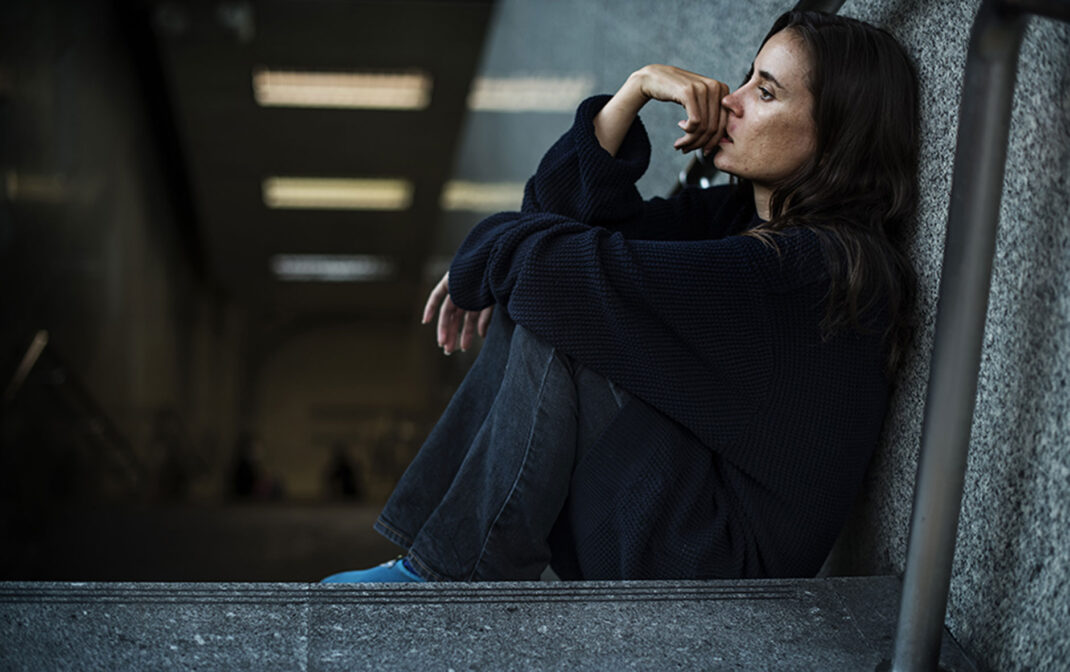Women
Census figures generally show more males than females experiencing homelessness; however, figures from specialist homelessness services (SHS) highlight more females than males receiving assistance.
Family and domestic violence is the main reason women seek help from SHS. In 2018-19, among the 50,823 people assisted by Victoria’s SHS after fleeing family and domestic violence, an alarming 78% were female (n=39,647).
Some groups of women are especially vulnerable to homelessness, including Aboriginal or Torres Strait Islander women, women who are culturally and linguistically diverse or those with a disability or mental illness. And homelessness is increasing fastest among older women aged 55 and over.
The lack of safe, affordable housing is a critical issue and Victoria’s SHS can’t provide enough accommodation and other supports, turning away 57 women every day.

2020
Not Pregnant Enough? Pregnancy and Homelessness
This report details the findings from the second stage of the pregnancy and homelessness research collaboration with RMIT, La Trobe University and the Royal Women’s Hospital.
It presents the perspectives of 14 women who had recent experiences of pregnancy and homelessness, highlighting the barriers faced as they tried to access services.
November 2004
Getting My Life Back Together
This collaborative research has sought to examine the ways in which service responses for women experiencing homelessness with complex and multiple needs may be improved. The project first examined the presenting profile and housing circumstances of women currently being supported by participating services.
1992
Women Alone…Stepping Forward
This report is based primarily on Hanover’s (Launch Housing) experiences over four years. Hanover provides crisis assistance and support accommodation to women presenting as single and without dependants. A total of 1,745 lone women sought assistance (1992-4) with 52 provided with transitional housing.

